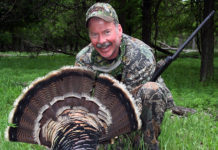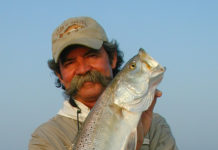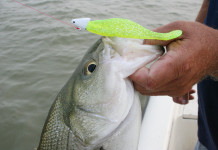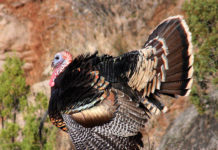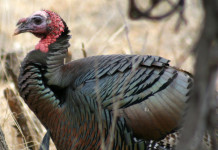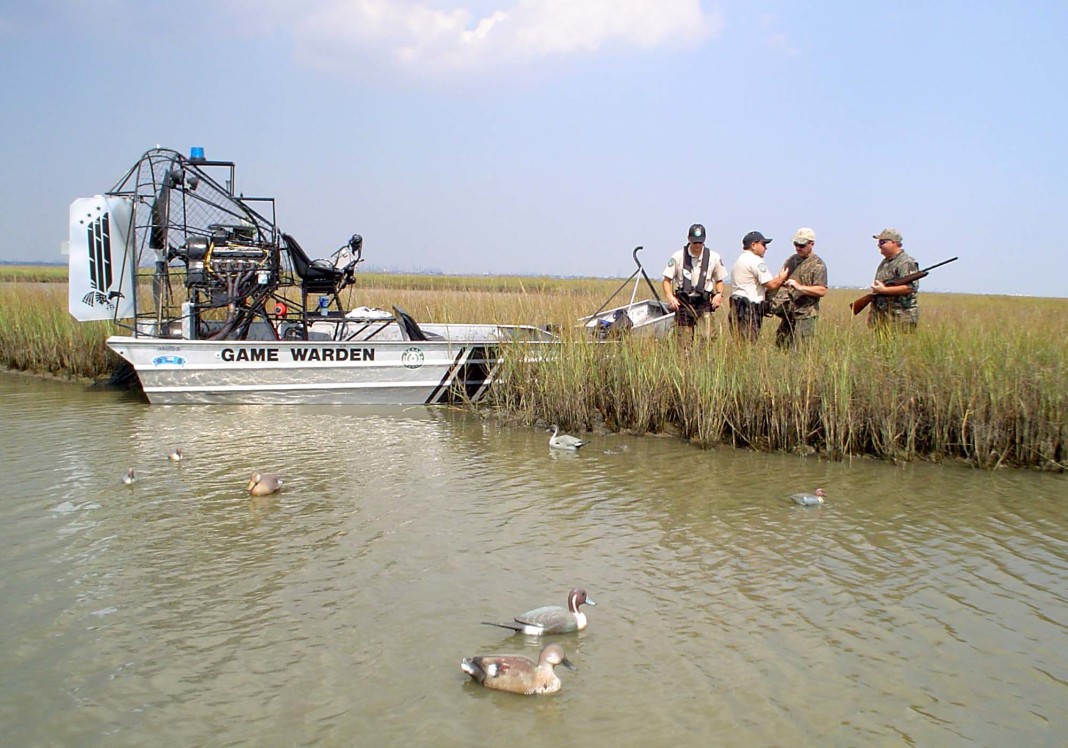Texas is the most diverse ecological area you can find with rolling grasslands, arid deserts, coastal marshes and dense forests among noteworthy features found inside its borders. Perhaps it’s fitting the men and women who don Texas Parks and Wildlife’s blue badge also exhibit a wealth of notable characteristics.
For more than a century, game wardens have been a fixture, looking after the diverse amount of flora and fauna found throughout the state.
Game wardens often are the first responders to approach a number of situations, including those that don’t ultimately involve wildlife violations. They patrol rural areas, river bottoms, bayous, every other type of terrain in the state and out to nine nautical miles into the Gulf of Mexico, and prove a vital part for responses to natural emergencies like hurricanes.
Though they are responsible for upholding wildlife laws and protecting natural resources, game wardens are often misunderstood figures. Wardens are certified law enforcement officers, first and foremost. Though they are trained to deal with wildlife resources, their first duty is as a peace officer. Wardens receive a wealth of training at the Game Warden Training Center involving all aspects of law enforcement and wildlife regulations before they earn their blue badge.
These aspects are vital when dealing with the most quirky animal they will come in contact with — the human being.
A Texas Game Warden’s Story
Hutchinson County game warden Gary Barnes, a longtime veteran of the department, previously was named the Texas Officer of the Year by the Southeastern Association of Fish and Wildlife Agencies, composed of 16 state organizations whose primary responsibility is the management and protection of wildlife resources.
Like many wardens, Barnes found himself working a variety of different situations, including a number of operations aimed at stopping illegal activities involving wildlife. One, dubbed Operation Headhunter, involved Barnes working with some unsavory characters to infiltrate a deer-poaching ring.
“I worked undercover, living with a felon for about two years,” he said. “This group was running guns and selling drugs, too. But the guy I was around mostly was into illegal taxidermy. He was selling buck deer any way he could to make money. He killed over 65 deer that first year.”
In another operation, dubbed Broadhead, TPWD attempted to stop the illegal practice of running deer with dogs in Jasper and Newton counties, among others, in east Texas.
“In that operation, basically we had a lot of numbers of people down there, and mainly we wanted to be seen,” he said. “As long as they saw us, they weren’t running dogs. We did have a bunch of die-hards who stayed, so we ended up running Broadhead for about three years through every deer season.”
Like police or highway patrol officers, wardens like to have their distinctive green trucks seen by as many people as possible, he said.
Another large-scale operation Barnes has taken part in is Operation Pescador, which is aimed at stopping illegal commercial fishing on 87,000-acre Falcon Lake on the Texas-Mexico border.
Though the focus was stopping illegal fishing, authorities soon discovered some of the illegal fishermen also were running drugs or guns across the border in their boats.
In previous years game wardens have seized as much as 20 miles of gillnets on the Texas side of Falcon, according to TPWD reports.
Barnes also was part of a Texas game warden team that went to Louisiana after Hurricane Katrina, hoping to help any way it could.
“We basically rescued people there right after the storm hit,” he said. “We would drive around in boats and try and find people who were alive. There were a lot of people who stayed. They would wave us off or tell us to go away because they said they didn’t need our help.”
Though game wardens are able to perform a variety of tasks, Texas remains a vast land mass of more than 260,000 square miles divided into 254 counties. Barnes said 90 percent of the counties have one game warden, but in some areas, a warden must cover two counties.
However, Barnes said the biggest perk of the job is the freedom it allows.
“It’s more a lifestyle than a job,” he said. “We set our own hours and stuff like that, and you know what your area is and what your situations are. I’ve had my share of close calls.
“Ninety-nine percent of the people we deal with are good people. Most people who hunt don’t know we’re peace officers, too.”
Texas Game Warden Training Center
Applications currently are being accepted through April 30 for game warden cadets, who will undergo training at the Game Warden Training Center in Hamilton County.
After graduation and receiving a commission as a peace officer, game wardens will perform responsible field enforcement duties involving the enforcement of all provisions of the Texas Parks and Wildlife Code, Texas Penal Code and relevant provisions of other Texas laws, including:
- provide testimony in court and administrative hearings;
- execute and serve all criminal processes resulting from enforcement activities;
- provide public safety and emergency management functions including working in response to natural disasters and in homeland security operations;
- safeguard departmental equipment;
- prepare reports of activities and present programs concerning department activities to the public;
- may conduct investigations of holders of permits and licenses issued by the department;
- maintains contact with landowners, resource users and the general public;
- assist other law enforcement agencies as needed.
Click here for more information on Texas game wardens.


